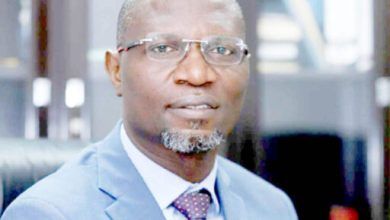
In a bid to strengthen port security and curb operational infractions, the Nigerian Ports Authority (NPA) has directed that all trucks accessing the Tin-Can Island Port must have their number plates firmly riveted to their bodies.
The directive, issued via a stakeholder notice by Truck Transit Parks (TTP) technical partners managing the ETO electronic call-up platform warns that any truck failing to comply will be denied entry and may face strict penalties.
The notice emphasized that the current stage marks the start of a phased enforcement, with full implementation set for mid-month.
“To enhance security and curb infractions at the ports, the Nigerian Ports Authority has mandated that all trucks accessing Tin-Can Island must have their number plates firmly and visibly riveted to the truck body. Trucks without properly riveted number plates will be denied entry, and non-compliance may attract penalties,” the statement read.
AMATO Backs NPA Directive
Reacting to the move, Adeshina Ajibola, Head of Research and Technical at the Association of Maritime Transport Owners (AMATO), applauded the directive, noting that riveting number plates is consistent with existing legal requirements.
Ajibola, however, expressed concern over past violations, stating that welding plate numbers to truck bodies is illegal and non-compliant with national vehicle regulations.
“We are all under compulsion to obey the laws of Nigeria. If not for the ‘anyhowness’ that has permeated the system, this wouldn’t even be a debate,” he said.
Ajibola also stressed the relevance of this policy in light of the ongoing automation of the port call-up system, noting that proper truck identification is essential for managing port logistics and access control.
“Without proper identification, it would be difficult to allocate trucks efficiently into the ports. This policy is both legal and operationally necessary,” he added.
The directive forms part of broader efforts by the NPA and its partners to streamline truck movement, eliminate congestion, and enhance security within Nigeria’s critical maritime corridors.





